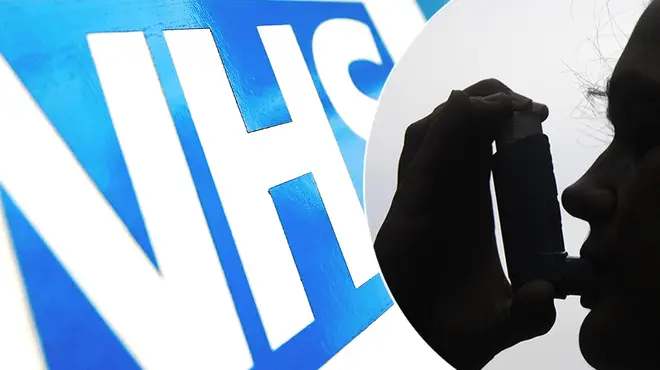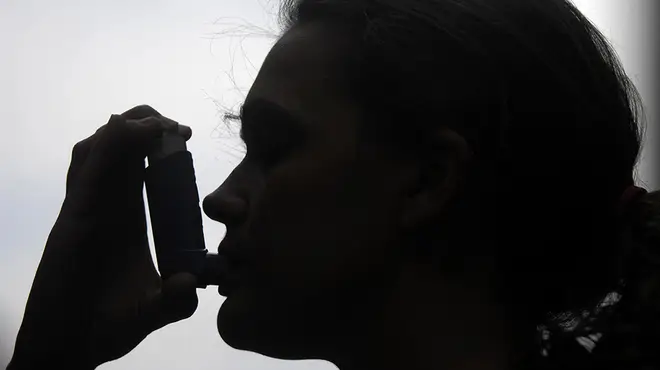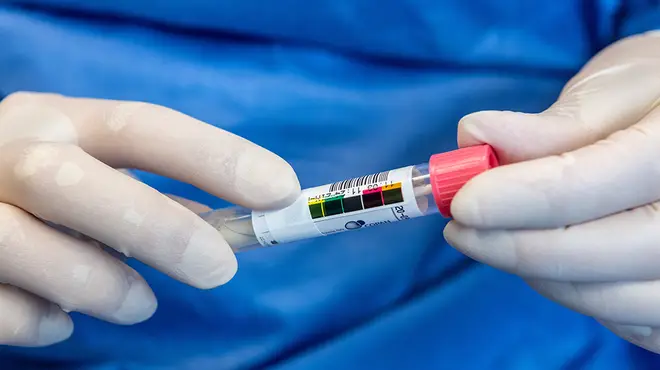
Tom Swarbrick 4pm - 6pm
23 March 2020, 14:01 | Updated: 7 June 2023, 08:56

Letters are being sent to 1.5million vulnerable people in England from the NHS asking them to isolate and shield from coronavirus - but what is shielding? And who will be getting a letter?
Coronavirus in the UK has seen self-isolation, social distancing rules and now the NHS is asking people to ‘shield’.
Sending out 1.5million letters to those who are extremely vulnerable to Covid-19, the NHS are trying their best to protect those who are likely to suffer the severe symptoms of coronavirus.
Coronavirus symptoms: How you'd know if you've got COVID-19
So who are the letters going to? Who are listed as the most vulnerable? And what is shielding? Here’s everything you need to know:

Letters and text messages are being sent to around 1.5million high risk coronavirus people from the NHS and government.
They are asking them to safely isolate at home to protect themselves from catching Covid-19 as they are more likely to be hospitalised and suffer with the severe symptoms of the virus.
This is for more than just those with underlying health conditions.
The NHS and government are asking for those being treated for specific cancers, anyone who has recently undergone an organ transplant and those with severe respiratory conditions like cystic fibrosis to also stay at home.
It also includes some people who take certain drug treatments that can suppress the immune system - leaving the body less likely to able to fight the virus.
All letters should be received by the end of the month.

Those who will receive a letter or message from the NHS will be asked to stay at home for the next 12 weeks to “shield” themselves from catching coronavirus.
This means you should not go to the shops or walk in public places as well as avoid face-to-face contact, unless for medical professionals. The government is working on a plan to help those get essential deliveries like food too so there is no need for risk.